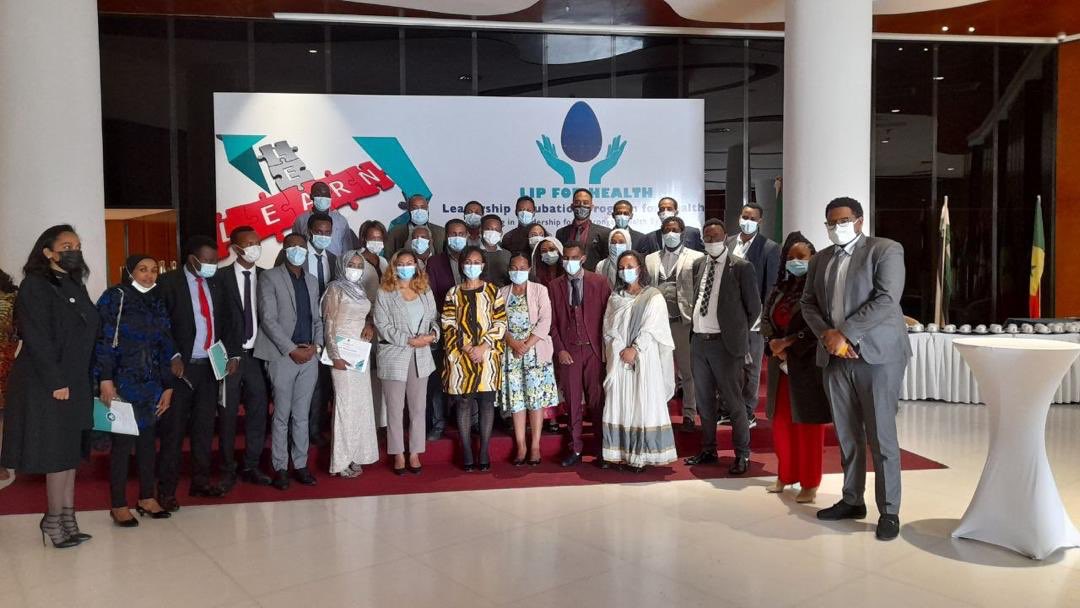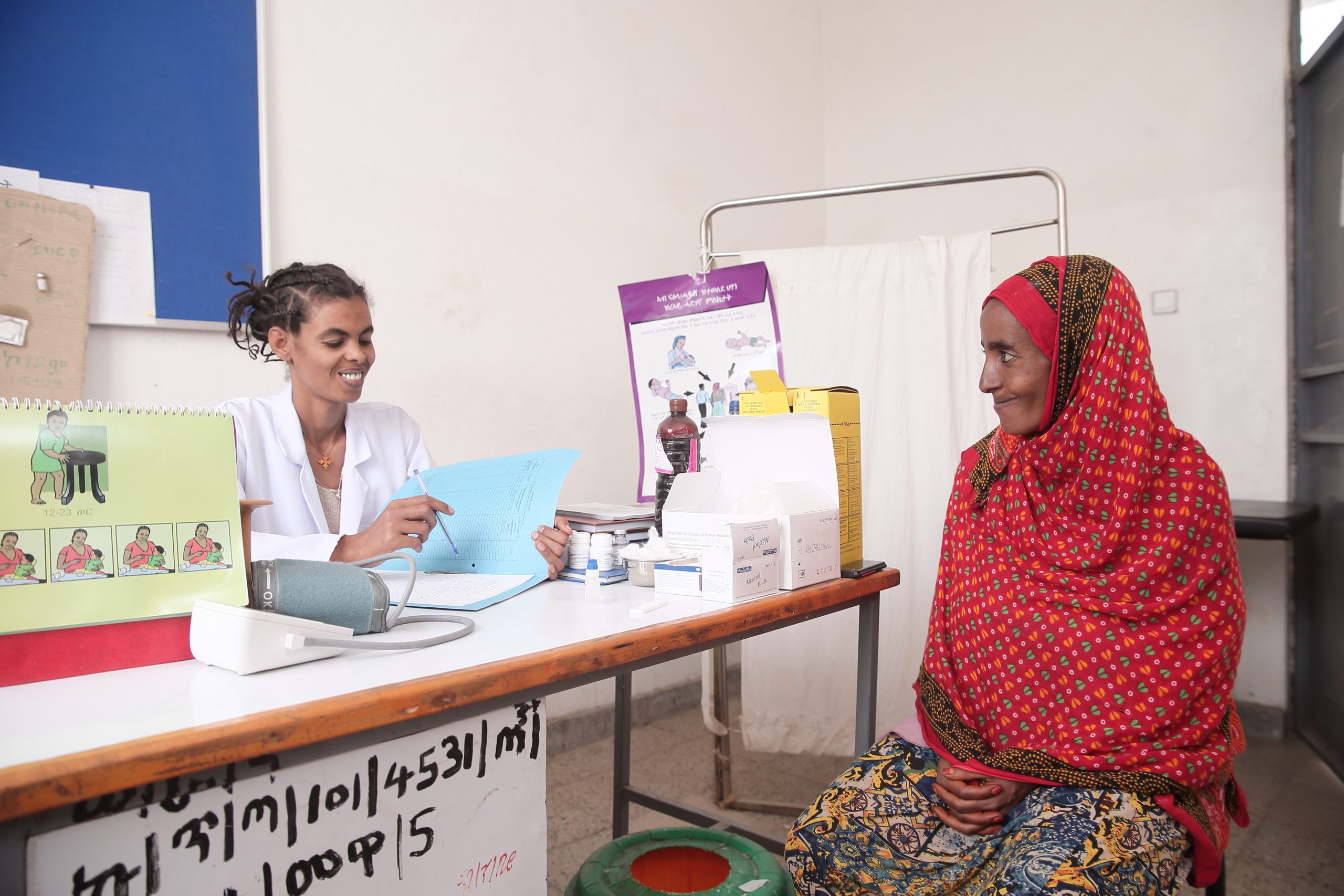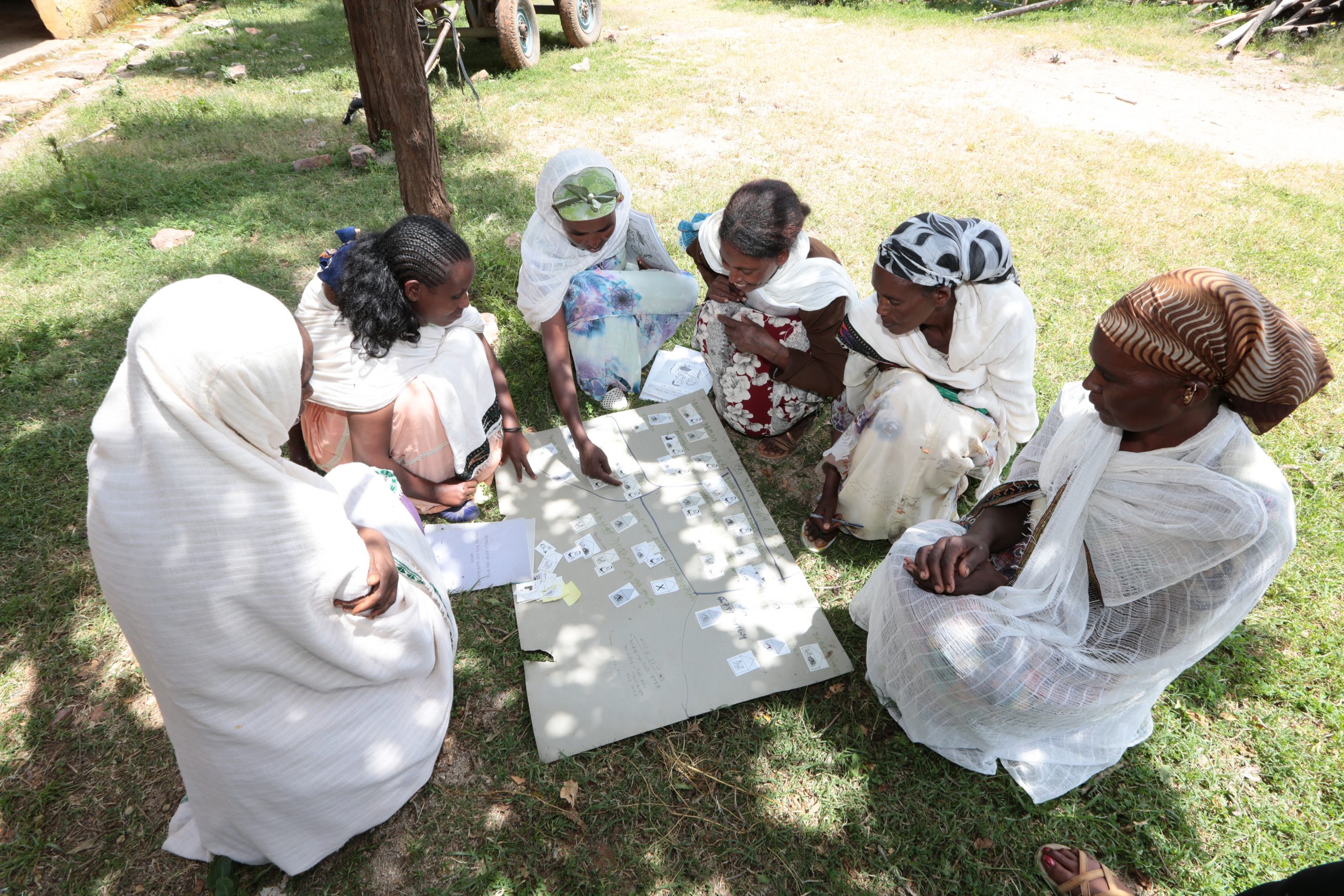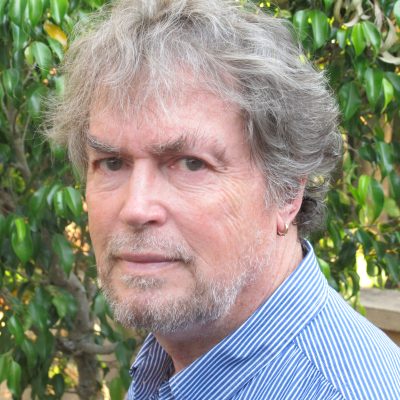National PHC Programs
THE PHC DEVELOPMENT LEADERSHIP PROGRAM (PLDP)
As part of the institute’s plans to support the country’s PHC system, this thematic area has developed a short and precise curriculum aimed to build the leadership capacity of staff at primary health care systems at different levels of Leadership roles. This program is intended to build individual & group capacity for effective leadership of the primary health care system.
Views: 2082
THE LEADERSHIP INCUBATION PROGRAM (LIP)
IPHC-E believes that leadership is essential at all levels of PHC in Ethiopia, from frontline leadership in PHC health care institutions through community health workers to national leadership at the ministerial level.
The PLDP is a six-month leadership certificate program targeted at improving the leadership and management skills of employees in woreda administrative offices, woreda health offices, and primary health care facilities. Health center directors, woreda health officers and management teams, the woreda administrator, and staff of the woreda sectoral offices(finance,civil service,human resources,water,agriculture,infrastructure,and others),staff at zonal health departments and regional health bureaus,and hospital managers are among the PLDP’s target groups.
The PLDP is guided by a health-care leadership manual for district-level leaders, which the institute created in collaboration with the FMOH. This document was adapted from a number of earlier leadership training manuals used in Ethiopia. The guidebook is tailored to ensure that leaders are prepared to maintain and strengthen PHC systems.The PLDP is delivered in three sessions over the course of six months, with field-based project work in between to improve PHC service delivery. The material of the course is provided in both English and the local tongue.Successful completion of the primary health care management development program from International institute for primary health care-Ethiopia.
Furthermore, IPHC-E has worked with the Community Health Academy to address the gap in Ethiopian healthcare leadership by granting 25 scholarships to the Academy’s new health systems Leadership Development (HSLD) program. Two leaders from Ethiopia’s nine regions and two administrative cities were chosen and received training for the 16-20 hour online self-paced course stated above.
Views: 2082
HEP Optimization Technical committee
The institute is selected to serve under the technical sub-committee for the implementation of HEP optimization. IPHC organized Multiple Advocacy Platforms on the HEP Optimization Road map and supported the planning of the National Health Post Mapping through a series of workshops and virtual and face to face meetings.
Views: 2082
Creating Woreda Innovation Centers (WIC) and introducing and scaling up creative concepts for improving PHC among Woredas.
Woreda Innovation Centers (WIC)
Community based hypertension screening and management was launched at Tiya WIC site
Woreda Transformation is one of the major objectives of HSTP and it aims to create access to and utilization of quality and equitable health service delivery in districts and ascertain UHC.
To mitigate various challenges and address major gaps, IPHC-E established Woreda Innovation Centers (WIC) where ambitious plans can be designed and implemented and where interventions and ideal service packages can be tested before scaling up. These WICs will try to address and demonstrate; the sets of health packages that will need to be implemented to achieve UHC, how can “state of the art’ implementation science be used to improve service delivery capacity, and what innovations in health service design, multi-sectoral collaboration, and community engagement can be implemented to transform health.
By realizing a rising burden of non-communicable diseases, the institute considers the merits of involving health extension workers (HEWs) and other community structures in the prevention and control of hypertension through task shifting or task-sharing in an integrated manner. To this end, the institute launched testing of community-based hypertension screening and management at Tiya PHCUs, Sodo Woreda, Gurage Zone from March 3-5/2022. This pilot testing involves screening of hypertension by HEWs in urban communities under the catchment area of Tiya PHCUs, Sodo Woreda, Gurage Zone, Southern Ethiopia. The launching workshop was held by addressing the overall goals of the testing using a standardized protocol. A Woreda Innovation Center (WIC) committee was established and monitoring of the pilot implementation process started.
Views: 2082
Views: 2082



























